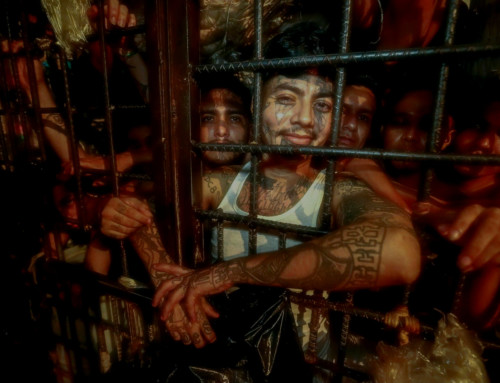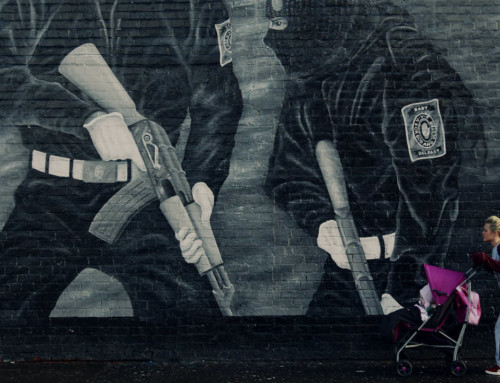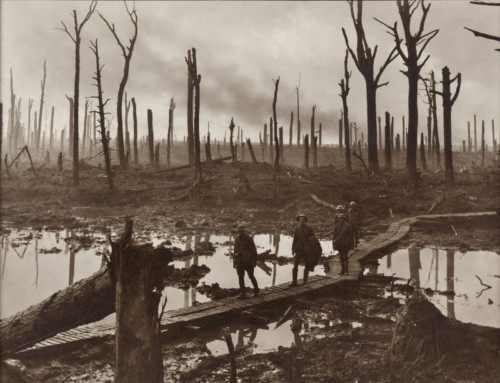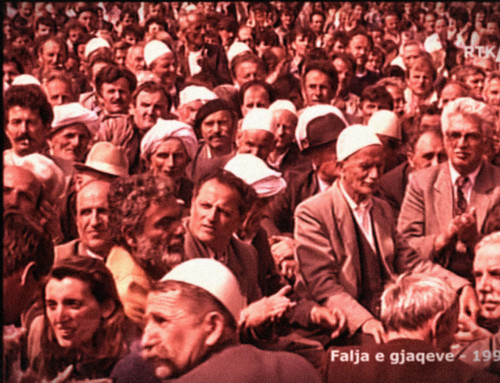The conviction of Bosnian Serb leader Radovan Karadzic for genocide in Srebrenica, among other crimes, is a step toward justice after war. Yes, many populists in Serbia have publicly criticized the alleged bias against Serbs of The Hague Tribunal. At the same time, my fieldwork for Peacebuilding Compared with Aleksandar Marsavelski makes it clear that acknowledgement of Srebrenica as an act of genocide is spreading in Serbia.
It is hard to describe the justice handed down to Karadzic as “transitional”. It is justice for crimes committed more than 20 years ago. Justice after war is fundamentally not a transitional thing.
We should be open to Susanne Karstedt’s[1] finding that truth, justice and reconciliation may only be possible in the “longue durée”. Karstedt discovered through the analysis of opinion polls and other sources from post-World War II Germany that the creation of a space for ‘moving on’ was based on a non-truth that just those in Hitler’s inner circle who were convicted at Nuremberg were culpable. That distorted truth, however, laid a foundation for subsequent testimony that gave voice to victims of the Holocaust. Victim testimony from the 1960s ultimately became a basis for an acknowledgment of the full, terrible truth of the widespread nature of the criminality of Hitler’s regime. “Transitional justice” in the Nuremburg trials did not accomplish this because those trials did not hear direct testimony from victims. Deeper reconciliation between the German people and their former enemies and victims occurred after trials and journalistic narratives of the 1960s gave direct voice to victims. Karstedt’s message is that it is the longue durée of truth and memory through victim narrative that matters.
The Bougainville civil war research for Peacebuilding Compared[2] also explores the longue durée of a dynamics of contrition driven by direct victim narratives. It shows that reconciliation is a process that can be constantly renewed by indigenous leadership with new waves of reconciliation initiatives, waves in which male political and military leaders were crucial, waves in which women’s leadership from civil society was crucial, waves for which leadership of chiefs in particular localities was the catalyst and waves in which youth leaders in churches re-energised momentum. Melanesian philosophies of peacebuilding mean reconciliations and intergenerational renegotiations that take decades rather than years.
We should not become overly pessimistic about the way ultranationalists of one former Yugoslavian society after another accuse international courts of bias whenever their nationals are convicted of crimes against humanity. We should reflect on the wisdom of Melanesian experience. And westerners might reflect on the experience of their grandparents in accomplishing near total reconciliation of Germany with Europe, despite Germany being in denial in the 1940s and 1950s. Not only Europeans can take pride in that reconciliation. Americans also can take pride in the Marshall Plan as the finest moment of the American century. This because after leading Hitler’s defeat General Marshall helped lay a foundation for European reconciliation of the longue durée.
References
[1] Karstedt, Susanne 2010 ‘From absence to presence, from silence to voice: victims in transitional justice since the Nuremberg trials’, International Review of Victimology 17: 9.
[2] J. Braithwaite, H. Charlesworth, P. Reddy & L. Dunn (2010) Reconciliation and Commitment: Sequencing Peace in Bougainville, Canberra: ANU E Press.






Leave A Comment